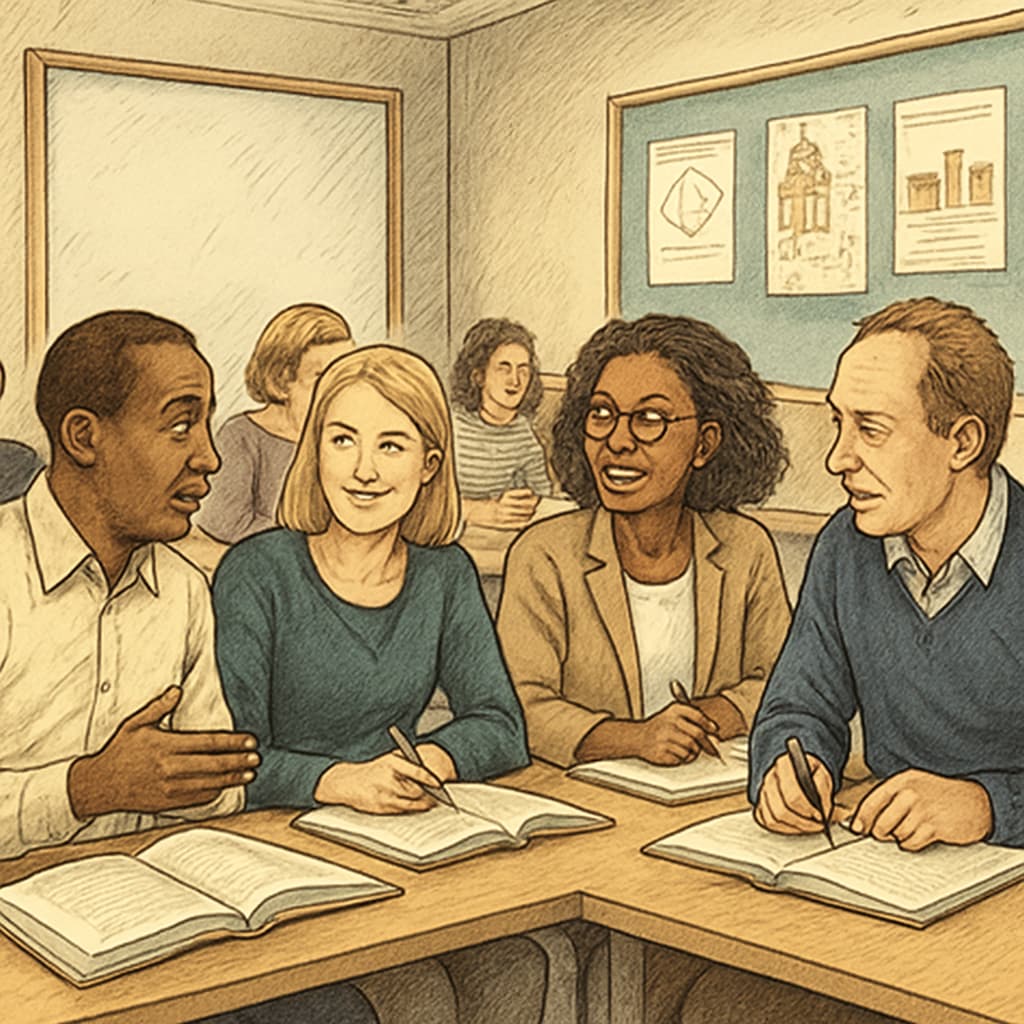In the United Kingdom, education is often seen as the foundation for personal and professional success. However, challenges such as family hardships, financial struggles, and mental health issues can lead many young individuals to drop out of school. For these youth, the journey to re-enter the education system may feel overwhelming. Fortunately, there are various pathways available to help them return to learning, regain their confidence, and achieve their academic goals.
Vocational Training: A Practical Route Back to Education
Vocational training provides an accessible and skill-focused path for young people who have experienced academic interruptions. These programs focus on hands-on skills in fields like construction, healthcare, IT, and hospitality, making them ideal for individuals who prefer practical learning over traditional academics.
- Advantages: Vocational training is often shorter in duration, affordable, and directly linked to job opportunities. Many courses include apprenticeships, allowing students to earn while they learn.
- Where to start: Organizations like UK Apprenticeships and local colleges offer detailed resources for those interested in pursuing vocational education.

Adult Education: Flexible Learning for Diverse Needs
Adult education programs are tailored to individuals who are seeking to complete their secondary or higher education later in life. These programs are often flexible, allowing students to balance their studies with work or family responsibilities.
- Advantages: Adult education courses offer part-time and evening class options, which are ideal for those with busy schedules. They also cater to a wide range of subjects, from basic literacy to advanced degrees.
- Where to start: Institutions like Britannica’s Adult Education Guide and local adult learning centers provide detailed information and resources.

Alternative Education: Bridging the Gap
For young people who struggle with traditional classroom settings, alternative education options can be transformative. These programs focus on personalized learning experiences, often incorporating technology and creative teaching methods.
- Advantages: Alternative education is highly adaptable, making it suitable for students with unique challenges such as learning disabilities or social anxiety. Programs often foster a supportive environment that emphasizes personal growth.
- Where to start: Look into organizations like Wikipedia’s Alternative Education Overview for more insights into these opportunities.
Readability guidance: This article uses short paragraphs and lists to ensure clarity. Transition words like “however,” “therefore,” and “for example” help maintain flow, while attention is given to balancing sentence lengths and active voice.


